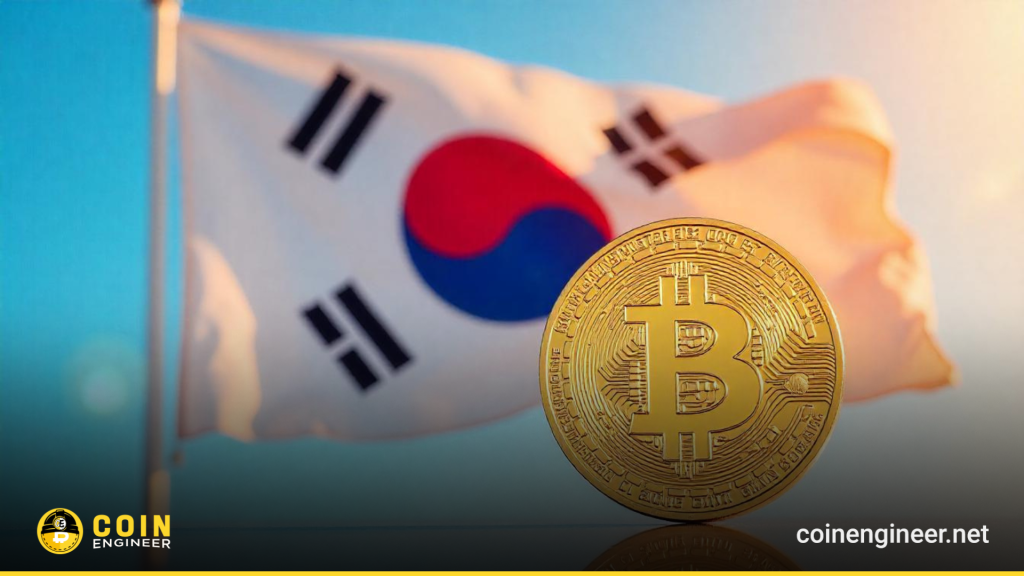The number of cryptocurrency exchanges registered in South Korea may be further reduced due to an increased crackdown on overseas platforms by the Financial Intelligence Unit (FIU). Local financial authorities are planning to impose new sanctions against cryptocurrency exchanges that do not comply with the new regulations. The exchanges that will be affected by these sanctions are: KuCoin, BitMEX, CoinW, Bitunix and KCEX platforms.
FIU Imposes Strict Control on Overseas Cryptocurrency Exchanges
The FIU of South Korea’s Financial Services Commission has stated that these overseas cryptocurrency exchanges are operating illegally in the country as they have not registered as Virtual Asset Service Providers (VASP) under the Private Financial Information Act. The law requires exchanges engaged in cryptocurrency trading and cryptocurrency custody services in South Korea to register with the FIU. Firms that fail to register will be considered illegal businesses and face criminal and administrative sanctions.
In addition, the FIU has also noticed that these exchanges have Korean-language websites and marketing activities aimed at South Korean investors. The FIU is investigating these activities and considering measures such as blocking access to the websites. An FIU official said, “In cooperation with the Korea Communications Standards Commission, we plan to block access to exchanges that serve local investments and are unregistered within the FIU.
Crackdown on Crypto Exchanges Continues in South Korea
Sanctions on cryptocurrency exchanges in South Korea are not new. Previously, in September 2021, the FIU decided to close more than 60 exchanges that did not comply with local anti-money laundering (AML) rules and registration requirements. At that time, 4 exchanges with high trading volumes, such as Upbit, Bithumb, Coinone and Korbit, which were considered major exchanges, were able to provide services. The remaining 28 platforms were able to offer their services in a limited way.
In 2022, the FIU announced cooperation with the Korean Communications Standards Commission. This cooperation blocked access to 16 overseas exchanges that did not register as VASPs. In addition, joint work was carried out with a local card company to stop payment services (crypto trading, storage, etc.) on these platforms.
The Number of Crypto Firms in South Korea is Declining
In South Korea, the Financial Intelligence Service (FIU) continues its strict inspections. The cryptocurrency sector, one of the most preferred methods as a money laundering service in the country, continues to be closely monitored. Many strict control mechanisms are applied to the companies that provide services. Thus, it is hoped to close the way for money laundering methods. Due to the limited number of exchanges to meet the strict audit mechanism, the number of crypto companies has been declining in the last 3 years.
You can also freely share your thoughts and comments about the topic in the comment section. Additionally, don’t forget to follow us on our Telegram, YouTube, and Twitter channels for the latest news and updates.
*DOES NOT CONTAIN INVESTMENT ADVICE*


